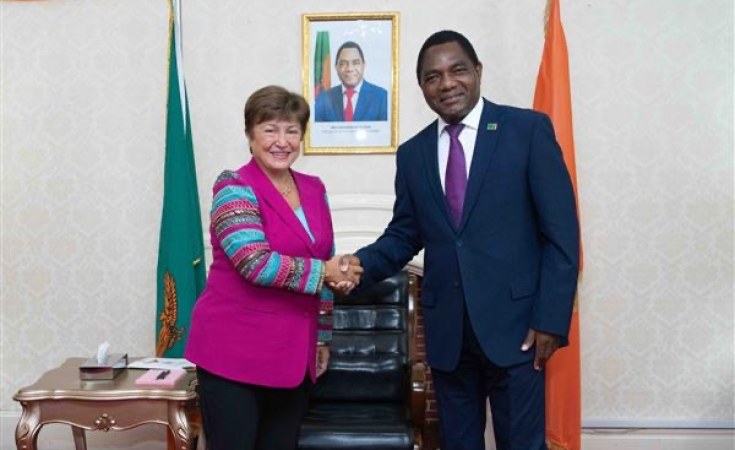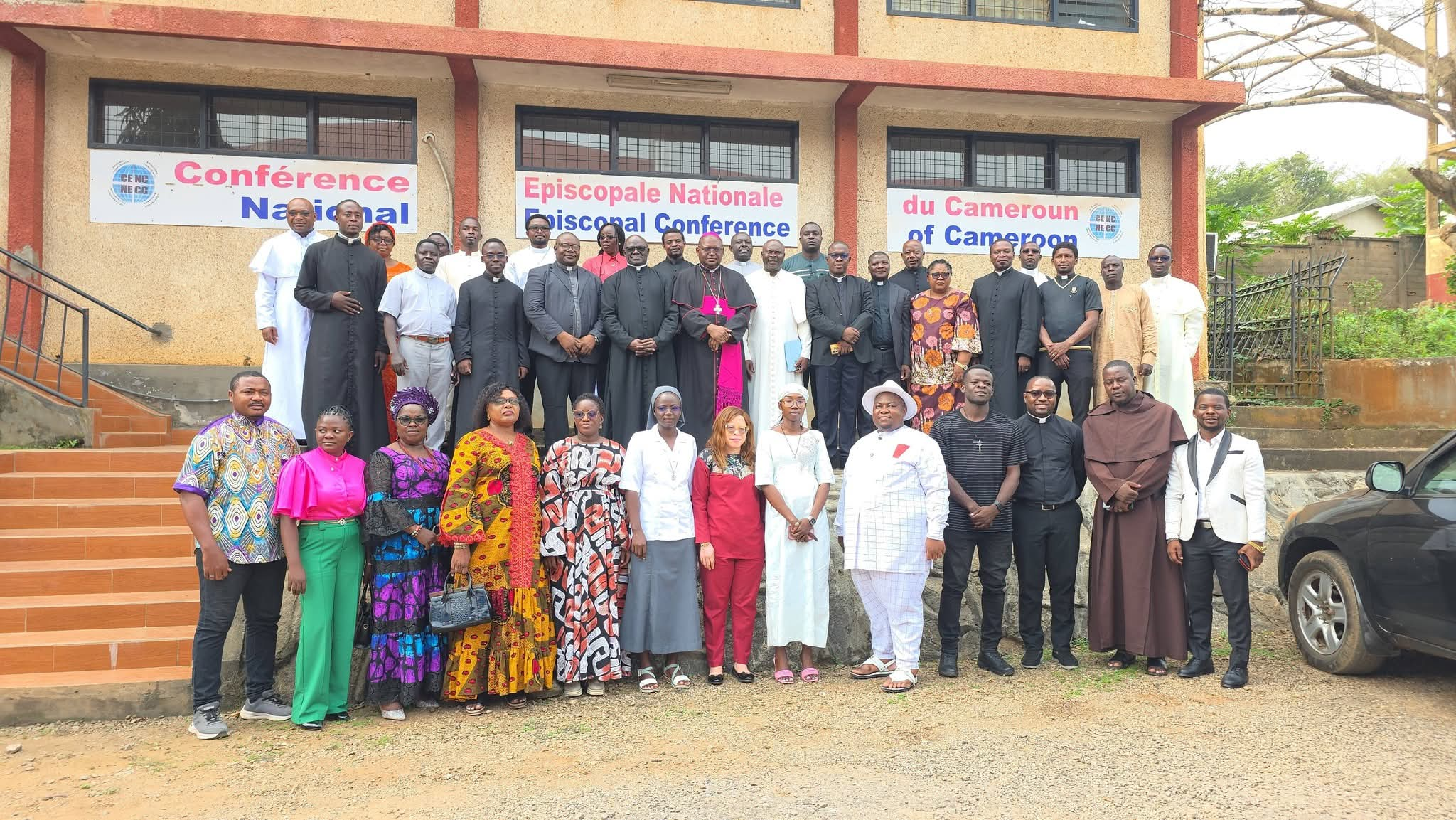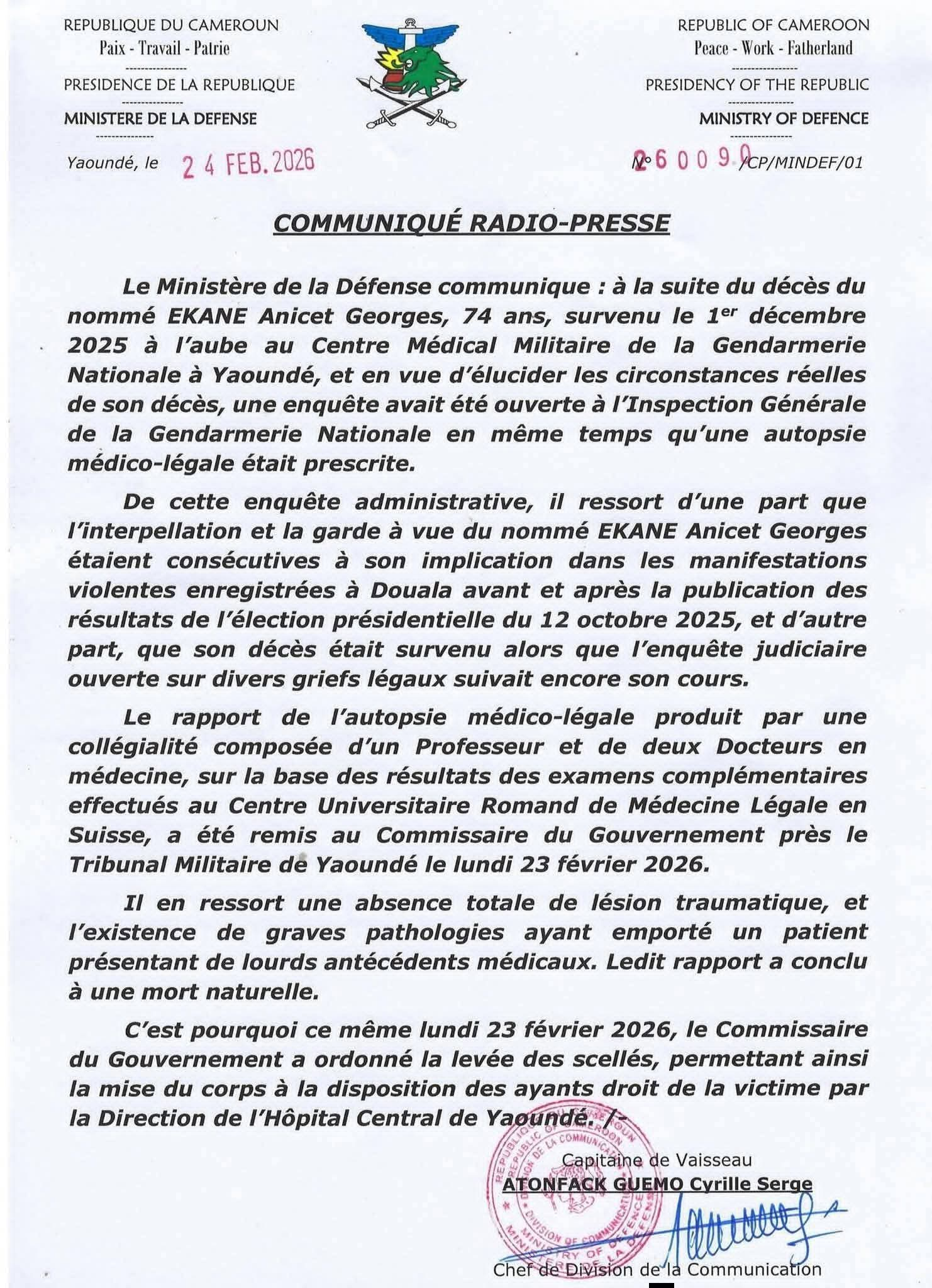International Monetary Fund (IMF) managing director Kristalina Georgieva has called on the Zambian government and creditors to resolve sticking points on “an agreement on a debt treatment”, a development she says will unlock huge possibilities for the country’s resurgent economy.Speaking at the end of a three-day visit to Zambia on Tuesday, Georgieva said Zambia requires swift resolution of its debt situation to complement current public finance reform efforts being pursued by President Hakainde Hichilema’s administration.
“We recognise that these are complex and challenging discussions, but it is clear from my visit that Zambia is doing its part, so I strongly encourage creditors to move forward and reach an agreement on a debt treatment as soon as possible,” Georgieva said.
She added: “That would ensure we can move forward with the first review of the fund-supported economic program and resolve a key source of uncertainty weighing on the outlook.”
Zambia is in the process of restructuring its public debt, which was estimated at more than US$31.7 billion at the end of 2021.
The IMF board approved a US$1.3 billion assistance package in August 2022 after Zambia’s bilateral creditors pledged, as requested by the IMF, to negotiate a debt restructuring deal with the country.
Debt restructuring is needed as Zambia’s debt has become unsustainable, causing the country to default on its external debt in 2020.
Zambia is dealing with the legacy of years of economic mismanagement, with an especially inefficient public investment drive.
Georgieva said she was happy that Zambia “is making tremendous progress on reforms, at what is a particularly challenging time for the world economy.”
“More, of course, needs to be done, especially to deliver the jobs Zambia’s youth need, but these reforms are critical to strengthen Zambia’s resilience and seize its opportunity – especially in the agricultural, energy and tourism sectors – for climate-resilient, more inclusive, and more vibrant growth.”
She was particularly impressed by Zambia’s efforts to “improve the use of public resources by reallocating resources from poorly targeted and inefficient spending and redirecting them to much-needed spending on education and health”, as well as the government’s efforts to improve transparency and tackle corruption.




